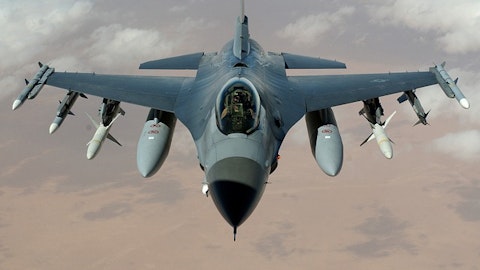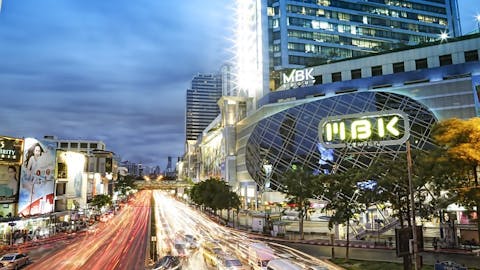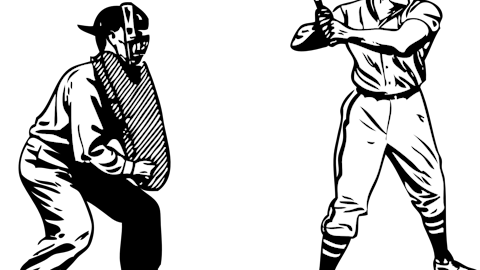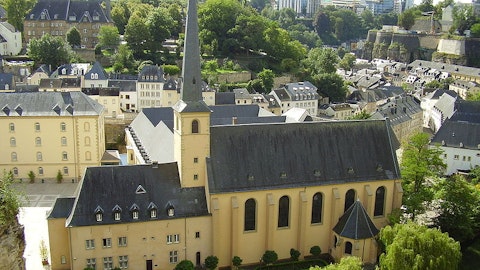Unlike some of their contemporary counterparts, the ten most important South American leaders in history are praised for their significant contributions to the development of their respective societies. Whether they brought about social change, altered the way politics was done, boosted economic performance, or installed revolutionary regimes, the continent would simply not be the same without them.
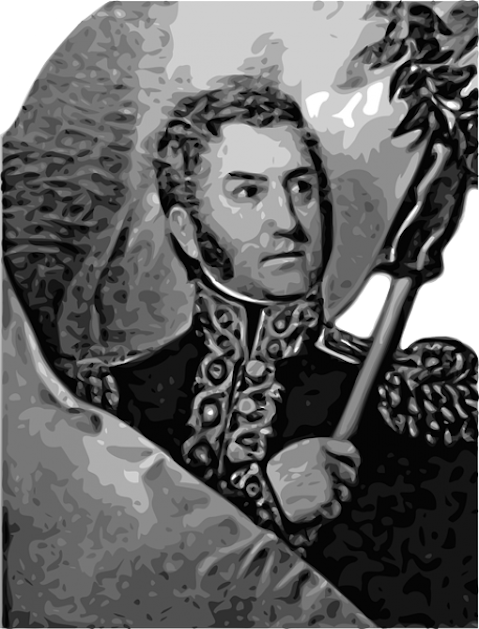
The ten most important South American leaders might not be known around the world in the same way certain North American or European politicians are, yet this is not necessarily a bad thing. Unlike other regions of the world, South America is notorious for its lack of engagement in armed conflicts, and thus, local politicians rarely make an appearance on the international stage. Hence, despite their massive influence on domestic politics, the most important South American leaders have sometimes gone unnoticed in other regions. After all, few people care about what goes on in distant nations, unless it affects their country or region directly.
If you are interested in the region, and want to visit the birthplace of some of the politicians mentioned below, be sure to check out our previous post of the top travel destinations in South America. Making the trip could be enlightening, especially after learning more about the most important leaders, and if not, you can always enjoy the natural beauty of these nations. Getting to know the local population, experiencing their way of life, and studying their history, will not only change your opinion about certain political figures, but also help you to understand their political priorities.
Once we have left our preconceived notions aside and accepted the political and economic instability of the region as a crucial element in its history, we can proceed to determine the ten most important South American leaders. It is worth mentioning that the political figures that appear in the following list are presented in a random order, since ranking people according to their influence is practically impossible. Hence, pay no attention to the order in which they appear, but rather focus on their achievements!
10. Evo Morales
Evo Morales might be a contemporary politician, yet that by no means makes him less important. His social agenda dramatically altered the quality of life of the lower class, while the new constitution of Bolivia has granted tribal groups significant rights.
9. Augusto Pinochet
Although Pinochet is widely criticized for human rights abuses, his role in Chilean history cannot be disregarded. Ruling from 1973 to 1990, his military dictatorship ushered in a period of economic stability and growth that made Chile what it is today.
8. Hugo Chávez
The recent death of Hugo Chávez has led both critics and supporters to reevaluate their position regarding the former president of Venezuela. His political strategy may lack finesse, yet he managed to alter the dominant ideology of Venezuelans.
7. Luiz Inácio Lula da Silva
As the former president of Brazil, Lula da Silva not only initiated the largest social welfare program in the world, but also steered the economy in the right direction. His accomplishments are recognized by most Brazilians, who now enjoy a much higher quality of life.
6. Salvador Allende
Salvador Allende did not manage to stay in power for too long, yet during his mandate, this former president of Chile definitely stood out. The fact that he is the only communist to reach power through democratic elections is enough to earn Allende a spot on our list.
5. Che Guevara
Che Guevara might not have been crucial to the political reality of South America directly, yet his role in the Cuban Revolution and his ideology were highly influential. Born in Argentina, this communist leader inspired socialist insurgencies all around the world.
4. Getúlio Dornelles Vargas
Getúlio Vargas is probably the most important Brazilian politician in the 20th century, serving four terms as president between 1930 and 1954. His political agenda was so powerful that even contemporary parties demand his objectives be completed.
3. Juan Domingo Perón
Juan Domingo Perón deserves a place on our list due to his impact on Argentinian society and politics. After becoming president in 1946, Perón shifted his attention towards the working class, enacting legislature that granted the population widespread benefits that persist until this day.
2. José Francisco de San Martín
San Martín was not a traditional politician, yet his accomplishments are vast. This Argentinian general not only fought for his own country, but also helped Chile gain their independence, and then went on to do the same for Peru.

1. Simón Bolívar
Simón Bolívar followed a similar path to that of San Martín, playing a major role in the independence of Bolivia, Colombia, Ecuador, Panama, Venezuela, and Peru. Apart from his regional accomplishments, he acted as president of the former Great Colombia.
